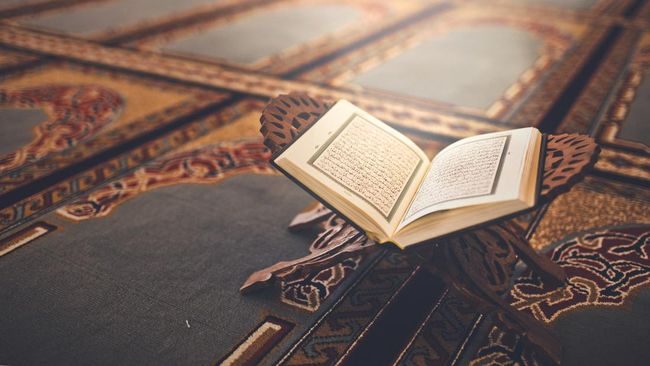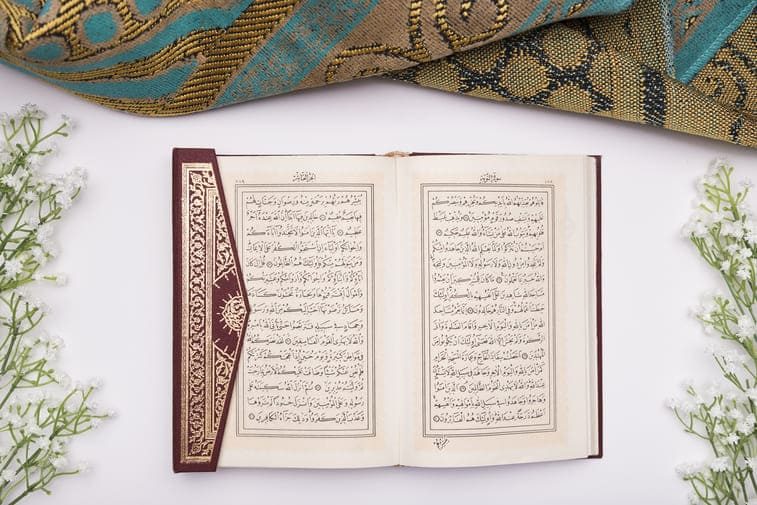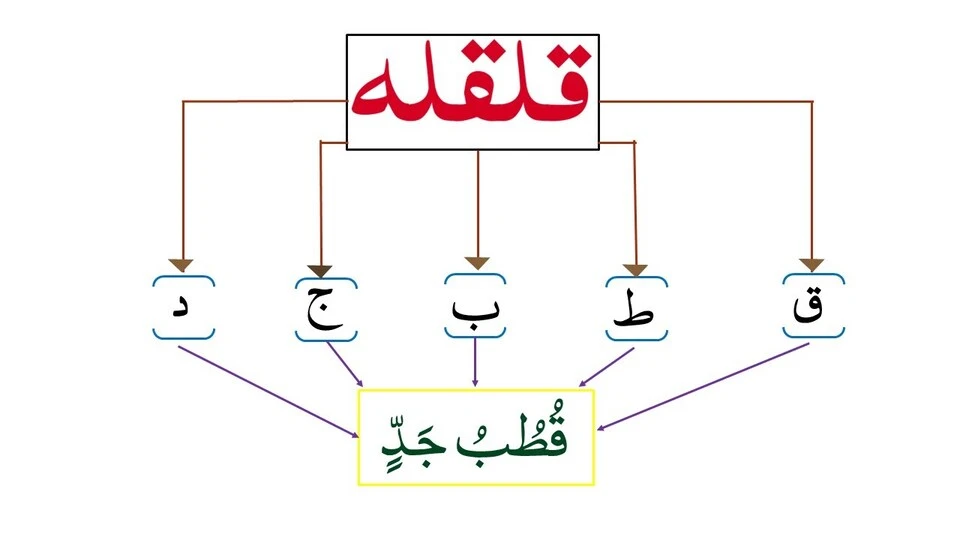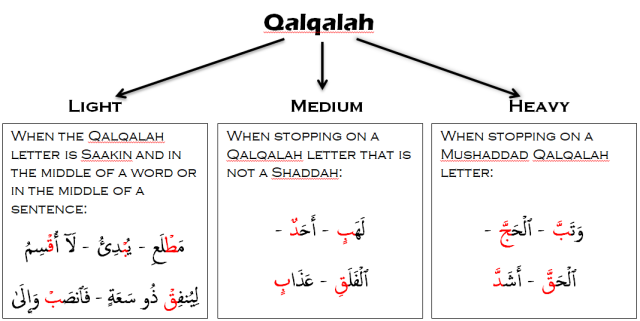Quran reading schedule: A powerful way for heavenly connection
The doors to reach Allah are numerous, each one of us has many ways to deepen the relationship with Allah. One of the most crucial ways is through reading the Quran. The Quran is more than a sacred book. However, our complete guide helps us in our everyday lives and is our trusted source of wisdom that we should engage with regularly. To fully embrace its teachings, we need to read, understand, and apply its lessons in all areas of our lives. This is why establishing a Quran reading schedule is an important habit that helps us maintain a regular connection with Allah and his divine guidance within the Quran, ensuring our lives are consistently brightened by the holy Quran.
What is the purpose of reading the Quran?
- Guidance and Wisdom: The Quran is considered a thorough guide and a rich source of knowledge. It contains various teachings on ethical behavior, social justice, and personal manners. Believers depend on it to navigate life’s challenges by adhering to divine principles and by reflecting on it searching for wisdom in every aspect of life.
- Spiritual Connection and Remembrance: Reading the Quran helps improve one’s bond with God and is a constant way of honoring and remembering Him. This habit leads to a better understanding of what God wants, growing faith, humility, and dedication. It helps followers stay spiritually aware and focused on their goal of worshiping and serving God.
- Inner Peace: Reading and thinking about the Quran can help you feel peaceful and calm inside. It gives you comfort and support when you’re going through tough times or when things are unclear.
- Building Good Values: The Quran provides lessons that promote good behavior both for individuals and for society. By thinking about its messages, people can cultivate virtues such as being truthful, kind, patient, and honest.
How long should It take to recite the Quran?
Prophet Muhammad has guided us on the best way and perfect time frame to read the Quran while stressing the importance of understanding and thinking deeply as you read. He suggested that the best way is to finish reading the Quran in a week, this is proved in his saying “Read the Quran over seven days, and don’t rush to finish it in less than three days.” This quote emphasizes how important it is to take your time to really understand and think about the Quran’s messages.
Islamic experts also highlighted that rushing in reading to finish it in less than three days, might not be recommended as it will prevent you from understanding its meaning. The Prophet taught that it’s better to read the Quran often and carefully, instead of rushing. This approach is the best method to develop a stronger bond with the Quran and encourages spiritual development.
Benefits of setting a Quran reading schedule
- Developing a regular Quran reading schedule helps foster a strong connection with Allah, promote spiritual growth, and keep His words close to your heart.
- By allocating specific times each day, you can interact deeply with the meanings and interpretations of the verses, improving your understanding and how you incorporate its teachings into your daily life.
- Creating a regular schedule helps develop self-discipline, making Quran reading a regular habit instead of something done occasionally.
- Reading and thinking about the Quran regularly can lead to feelings of tranquility and calmness, easing stress and offering comfort in tough situations.
- Creating a routine helps you establish and reach particular targets. This feeling of success can be both fulfilling and encouraging.
- Regularly practicing helps you remember and recite the Quran more efficiently, allowing you to accurately recall the verses during prayers or other times.
- A schedule helps you keep track of your progress and makes sure you stay committed to your spiritual goals, so you keep moving forward in your study of the Quran.
- Following a consistent plan will help you memorize the Quran, especially if you are serious about taking online classes for memorizing the Quran.
Perfect times of the day to read the Quran
The best times to read the Quran are often at night, as emphasized by Allah’s words: “Among the People of the Scripture is a community standing [in obedience], reciting the verses of Allah during periods of the night while they prostrate” (Surah Al-Imran, 3:113). Nighttime reading holds special importance, providing a calm and focused atmosphere for spiritual contemplation. However, reciting the Quran at any time, whether day or night, is commendable. It’s advisable to select a time when your heart is fully engaged, your mind is clear, and your concentration is at its highest. This could be during the quiet of the night, the early morning hours, or any moment when you can truly connect with the words of Allah.
Some chapters of the Quran are best read at certain times. For example, Surah Al-Kahf is suggested to be read on Fridays, starting after fajr prayer. Choosing these times can make your spiritual experience better and help you feel closer to the guidance of the Quran.
How to be ready to read the Quran
Before reading the Quran, it’s essential to prepare yourself both physically and spiritually.
- To begin, it’s important to ensure that you are in a state of purity. Performing wudu is recommended, but if you are reciting the Quran from memory or aloud without the Mushaf, you can do so without wudu, allowing you to connect with the Quran whenever you wish.
- When preparing to read, it’s best to face the Qibla, the direction of the Kaaba in Mecca, as a sign of respect for the Quran. While you can read the Quran while walking, driving, or traveling without focusing on the Qibla’s direction, it’s ideal to turn towards it when you are at home and have the opportunity.
- Start by reciting the Ta’uz and Tasmia to seek protection from Shaitan (Satan) and to invoke Allah’s name. Begin with the Ta’uz: “أعوذ بالله من الشيطان الرجيم,” meaning “I seek refuge with Allah from Satan, the accursed,” followed by the Tasmia: “In the name of Allah, the Most Gracious, the Most Merciful.”
- Pick that time when you feel your heart is ready, find a comfy and quiet pace where no one will come in to interrupt you. This will help you fully engage with the words of Allah and gain the most spiritual benefit from your recitation.
- Consider joining Quran online classes to help you understand and master Tajweed, which is crucial for accurate and precise recitation.
A well-structured Quarn reading schedule
Reading schedules are essential for Muslims who aim to engage with the holy text consistently and meaningfully. The plan will differ to be adjusted according to the timeframe you aim to accomplish reading within.
- A one-month plan
To finish reading the Quran within 30 days, you need to allocate time to finish reading one Juz each day. This could be achieved by reading 30 pages a day; 4 pages after each one of the daily prayers.
- 6-month plan
This approach is more gradual, requiring you to finish 5 Juz each month. You can manage this by dedicating 3.5 pages daily. This plan is perfect for those who want to take their time to deeply understand the verses rather than just reading through them.
Tips to commit to your Quran reading schedule
- Set specific, achievable goals for your Quran reading. Clear objectives will help you stay focused and motivated, so try to incorporate it into your daily routine to make it a regular habit.|
- Begin with a small, manageable portion and gradually increase it as you feel more comfortable, especially if you’re new to a structured reading schedule. This approach helps avoid feeling overwhelmed and promotes steady progress.
- Choose a quiet, undisturbed spot to read the Quran. A peaceful place will help you focus and think more deeply about the verses.
- Set up alarms or calendar alerts to remind you to read the Quran regularly.
- Think about the good things that come from reading the Quran, like feeling closer to God and having a stronger belief. Remember these benefits to stay encouraged.
- Check your schedule and progress often. If some times or amounts don’t work for you, change your plan to match your lifestyle and keep making progress.
- Ask for Allah’s help to keep your promise and learn more about the Quran.
Quran recitation courses with Noor Institute
Noor Institute provides a wide range of Quran recitation courses designed to cater to different learning needs and skill levels. No matter your experience, Noor Institute offers well-structured and adaptable programs. Their offerings include personalized one-on-one sessions with skilled instructors as well as engaging group classes. With an emphasis on mastering Tajweed and grasping the divine messages, students can look forward to thorough instruction that improves both their understanding of the text and their recitation abilities. Noor Institute also features flexible scheduling options to fit various lifestyles, ensuring that learning is both convenient and effective.
In conclusion, while reading the Quran holds great significance, comprehending its verses is just as vital. Believers are encouraged to ponder the meanings behind the verses. By signing up for courses at Noor Institute and creating a structured Quran reading schedule, you will acquire the skills and knowledge necessary to recite the Quran accurately and beautifully, while also deepening your understanding and reflection on its teachings.
Contact Noor Institute today and get ready to develop a deeper connection with the Quran!

